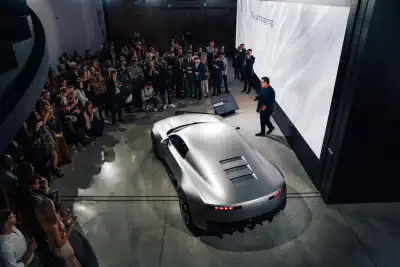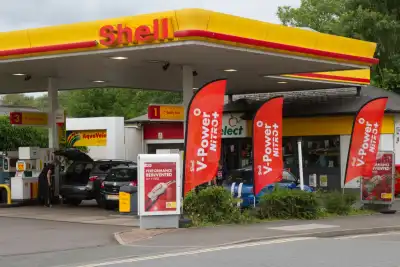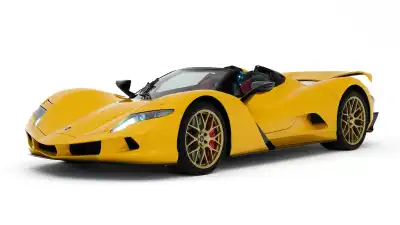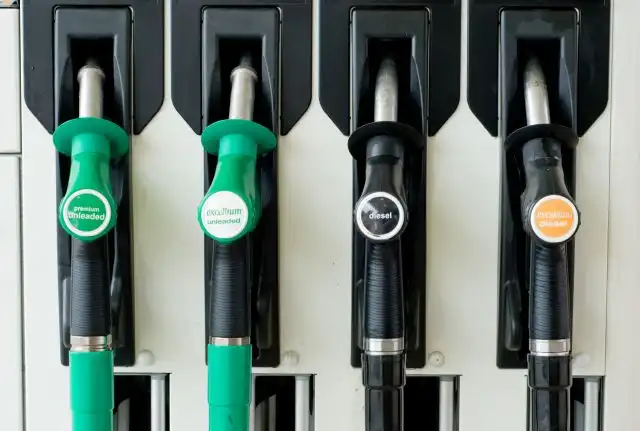
Visiting the petrol station is never a particularly pleasant chore, but it’s a necessary evil. While a fully integrated electrical charging infrastructure isn’t yet in place, we might as well do as much as we can to save money at the pumps as we can. So here’s our definitive guide of shortcuts you can take to keep your outgoings down.
Do some basic maintenance
It’s not hard to keep on top of vehicle maintenance. Generally, sticking to the service manual will ensure it is taken care of. A rule of thumb is once a year, although if you do above average miles it can be wise to get it done sooner. Brake pads, tyre condition, tyre pressure and air filters all contribute to your MPG, so should all be looked after.
Don’t fill it up
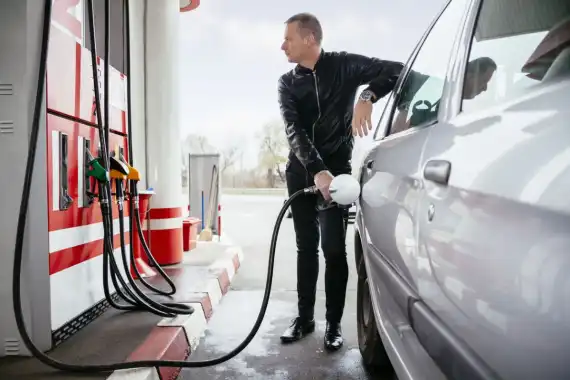
Fuel is deceptively heavy, so if you tend to do mostly urban driving and short journeys you’ll save fuel by not putting as much fuel in. This might mean more stops at the petrol stations but the weight difference will make sure you save overall.
Don’t be dragged back
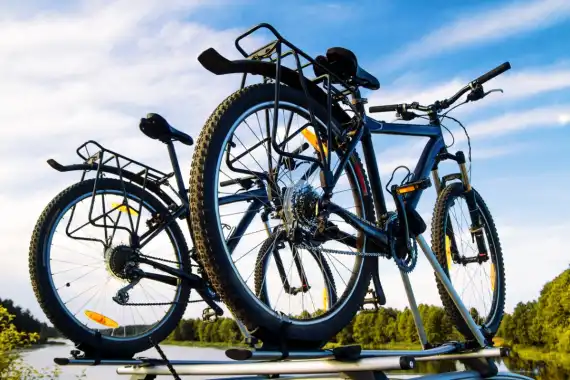
Things like bicycle racks, roof boxes and roof rails all serve an excellent, practical purpose when they are in use but the scientists and engineers didn’t labour away for hours on end building aerodynamically responsible cars just to have the consumer lump some extra parts on top. If you’re not using these features, take them off to reduce drag.
Read the road ahead
The most economical way to drive is at a constant speed. This is difficult to achieve when there are lots of other road users out at the same time as you, but you can reduce how much braking and accelerating you have to do by simply reading the road ahead and making steady progress and maintaining your forward momentum.
Stick to the limits in the highest gear possible
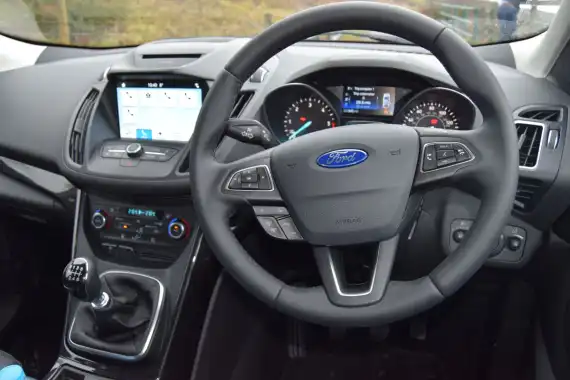
Cars all have different ‘optimum speeds’, usually between 50 and 70 mph, but we’re not going to tell you to sit at 51mph on the motorway because it’s more efficient, because that would be dangerous. However, breaking the limit will burn excess fuel, and driving in too low of a gear will hold the revs higher. Just keep an eye on your speed and which gear you’re in.
Don’t abuse the cruise
Cruise control works wonderfully on motorways and it can really take some of the stress out of long journeys. Don’t become dependent on it though. If you’re going uphill, for example, cruise control will burn more fuel trying to keep your car at a constant speed going uphill, then when you get to the crest of the hill (where you would let-off the accelerator) the car will carry on at the cruise-speed and then force itself to brake on the way back down… Something to be wary of.
Go on a diet
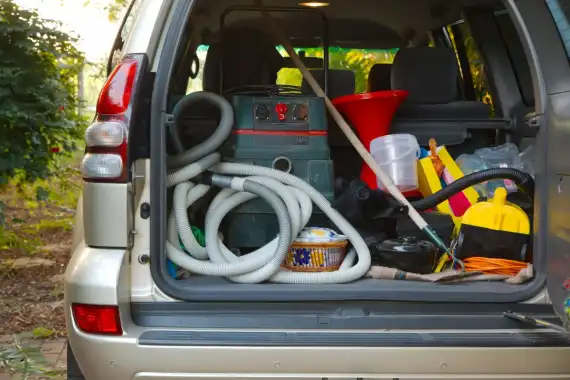
Is your boot loaded with miscellaneous objects? Get them out. Shed as much unnecessary weight as possible. This affects smaller vehicles more than larger ones, but (apparently) every 50kg you take off your car will increase the efficiency by 2%.
Lastly, plan your day
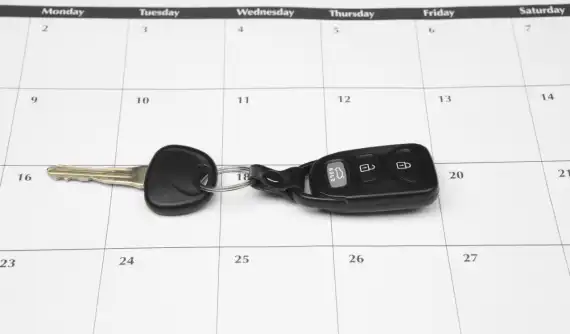
If you’ve got a number of errands to run, try and keep the engine warm. Plan a round trip that won’t involve stopping and starting the car too much. Engines work best once they’re warmed up, and worst when they’re kept cold, particularly diesel engines. If you need to go to 3 locations, each further away than the other, go to the furthest first and work your way back. The initial, longer run will get the car up to temperature and it will be easier to keep it warm as you go about your day.
Whatever your car needs, just regit

